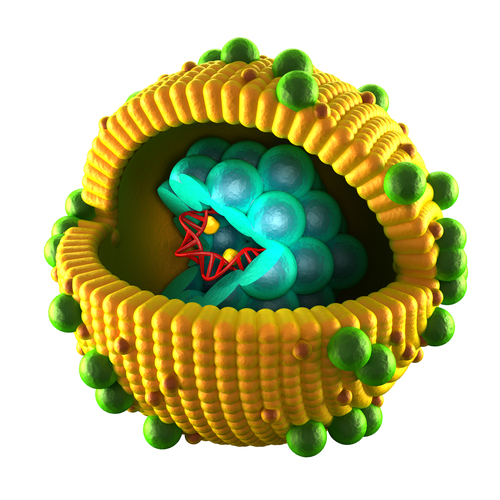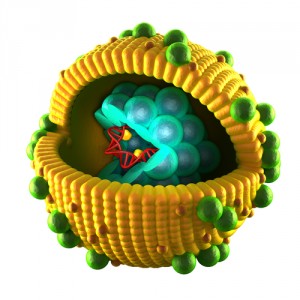Study Reveals Signaling Mechanisms Controlling SLE Autoimmune Responses
Written by |

 A recently published study in the new issue of Science by a team of investigators from the University of Texas Southwestern Medical Center (UTSMC), is leading to a better understanding of the innate immune system, which plays an integral role in the development of abnormal autoimmune reactions that are associated with diseases such as Systemic Lupus Erythematosus (SLE). The conclusions of the study will be used to help scientists develop improved therapeutic targets for these autoimmune disorders.
A recently published study in the new issue of Science by a team of investigators from the University of Texas Southwestern Medical Center (UTSMC), is leading to a better understanding of the innate immune system, which plays an integral role in the development of abnormal autoimmune reactions that are associated with diseases such as Systemic Lupus Erythematosus (SLE). The conclusions of the study will be used to help scientists develop improved therapeutic targets for these autoimmune disorders.
SLE is a dynamic immune disorder that occurs when antigens become unable to differentiate between self and pathogenic foreign invaders, resulting in the development of dysfunctional antibodies that damage organs including the skin, joints, brain and kidney. According to Centers for Disease Control and Prevention (CDC), SLE affects women more often than men (9 out of 10 patients are women), with women of African-American, Hispanic and Asian descent more likely to develop SLE than Caucasian women. Common symptoms of SLE include rashes, joint pains, muscle aches, fever, fatigue, chest pain with difficulty breathing and sun sensitivity. SLE patients often present anemia and increased platelets upon lab testing. There are many potential devastating consequences of an SLE diagnosis including kidney disease, nervous system involvement (seizures, memory loss, headaches) and heart disease (heart attacks, strokes).
Current research into the important immunological mechanisms that contribute to SLE have shown that type I interferon (IFN) plays an important role in the process; specifically the balance of interferon production.
“Induction of type I IFNs has to be tightly regulated, because overproduction can lead to autoimmune diseases like SLE,” study lead author Dr. Zhijian ‘James’ Chen PhD, a Howard Hughes Medical Institute (HHMI) investigator at UTSMC, stated in a press release. “Better understanding of the signaling cascade that triggers IFN production could help scientists develop improved treatments for these diseases in the future.”
Dr. Chen and his team studied the mechanisms of IFN production in their laboratory by examining IFN interaction through manipulation of proteins involved in intercellular signaling pathways, depleting them with genetic tools or replacing them with alternative mutated versions. Their experimental conclusions showed that phosphorylation (addition of a phosphate molecule) is key to this mechanism. Specifically, the phosphorylation of IRF3, an IFN regulatory factor.
When asked about the meaning of these findings, Dr. Chen stated, “We have provided a mechanism that explains how this key transcription factor is activated by distinct pathways known to induce type I IFNs. If we can generate inhibitors of these pathways, these molecules might be used as therapeutic agents to treat autoimmune diseases in the future.”




